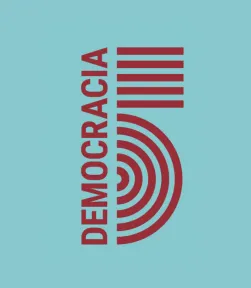In troubled times, «the great magic» of democracy is its ability to self-correct. «When faced with crises or pandemics, autocracies don't have the capacity to react to the needs of voters. Democracies do», argues political scientist Daniel Ziblatt, from Harvard University, during the event «Five Decades of Democracy, what has changed?», at the Quartel do Carmo, in Lisbon.
In this debate, which brought together two of the greatest international thinkers on democracy, Columbia University professor Sheri Berman issued several warnings about the risks that threaten the democratic system today.
«When we see a lot of voters willing to support autocratic parties, that should put us on our guard. Because that means that a lot of people have lost confidence in democracy, that the political system no longer meets their expectations», says the political scientist.
Watch this conversation moderated by British columnist and political commentator Ayesha Hazarika.
11

Portugal has changed drastically over the last 50 years. Almost five decades on, what profound changes have taken place in the country? And what lessons should we learn to improve the future?
The Foundation has an extensive program to reflect on what has changed and what measures still need to be implemented to improve national democracy.
The programme begins at the Carmo Barracks where the regime fell – with the event "Five decades of democracy, what has changed?" – and extends to more debates, a series of eight mini-documentaries, documentaries, publications and studies, which will allow us to think about and build the collective future.


